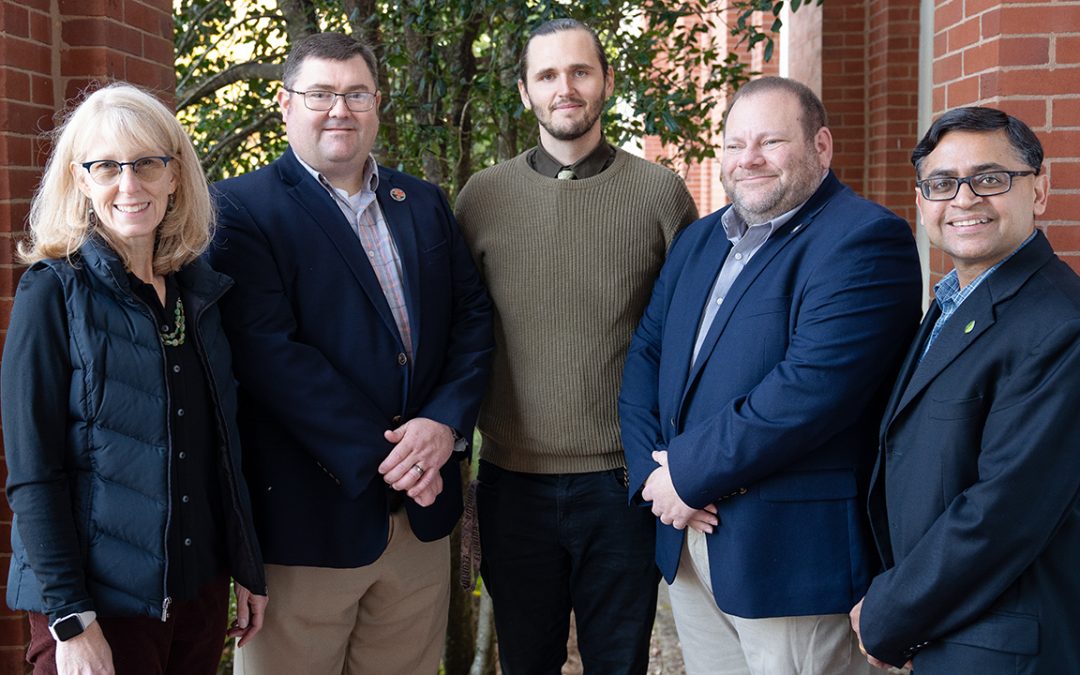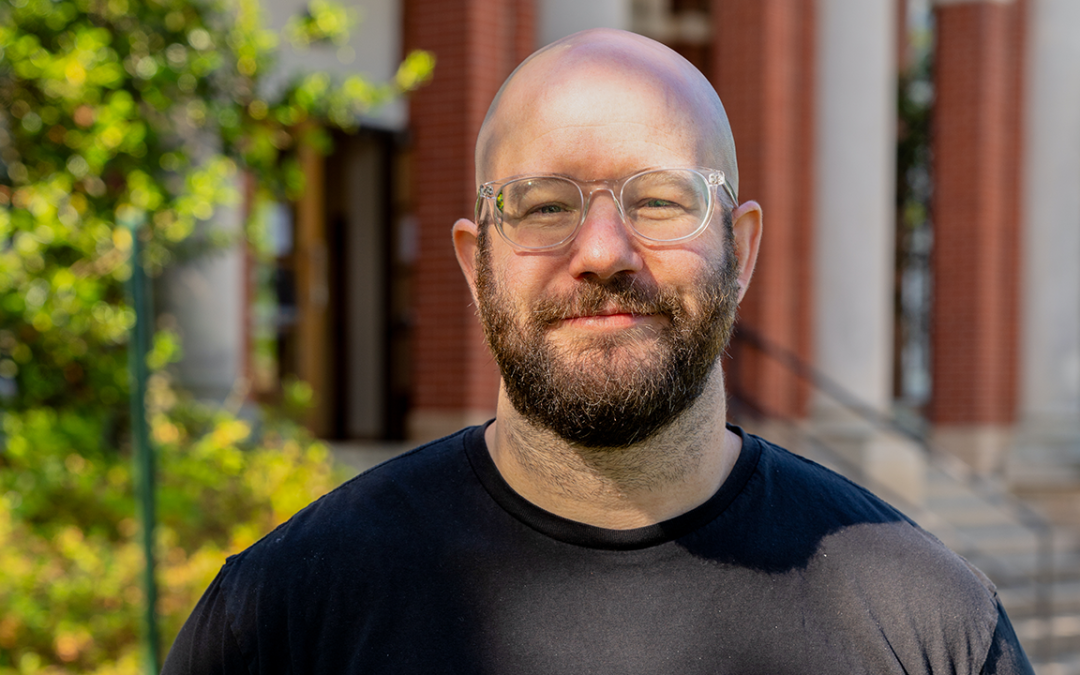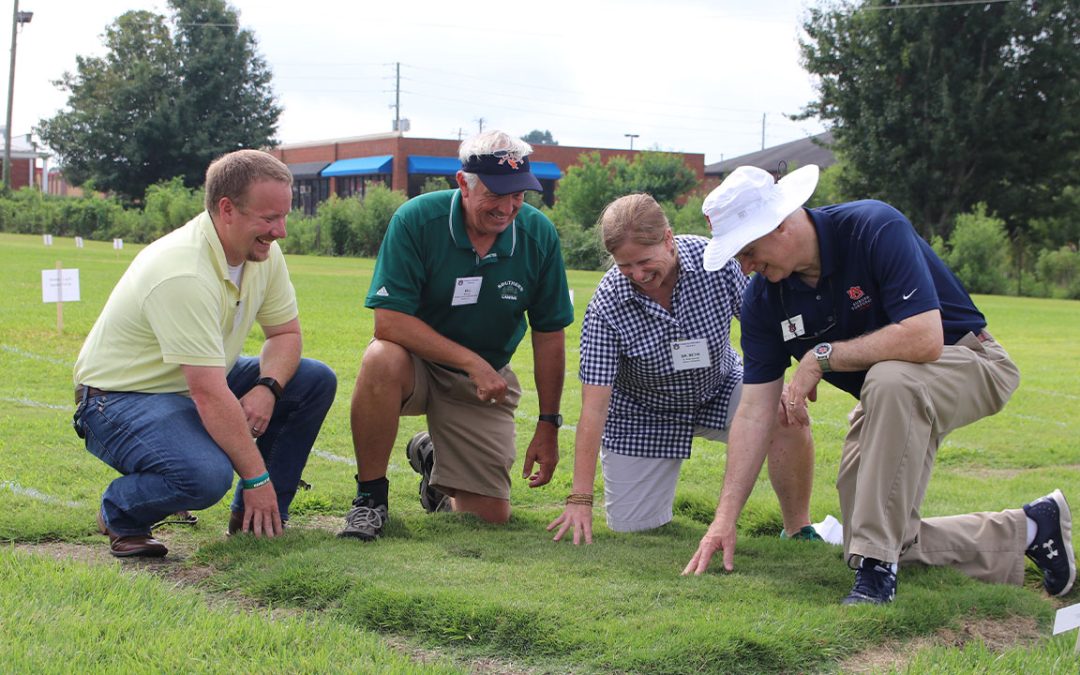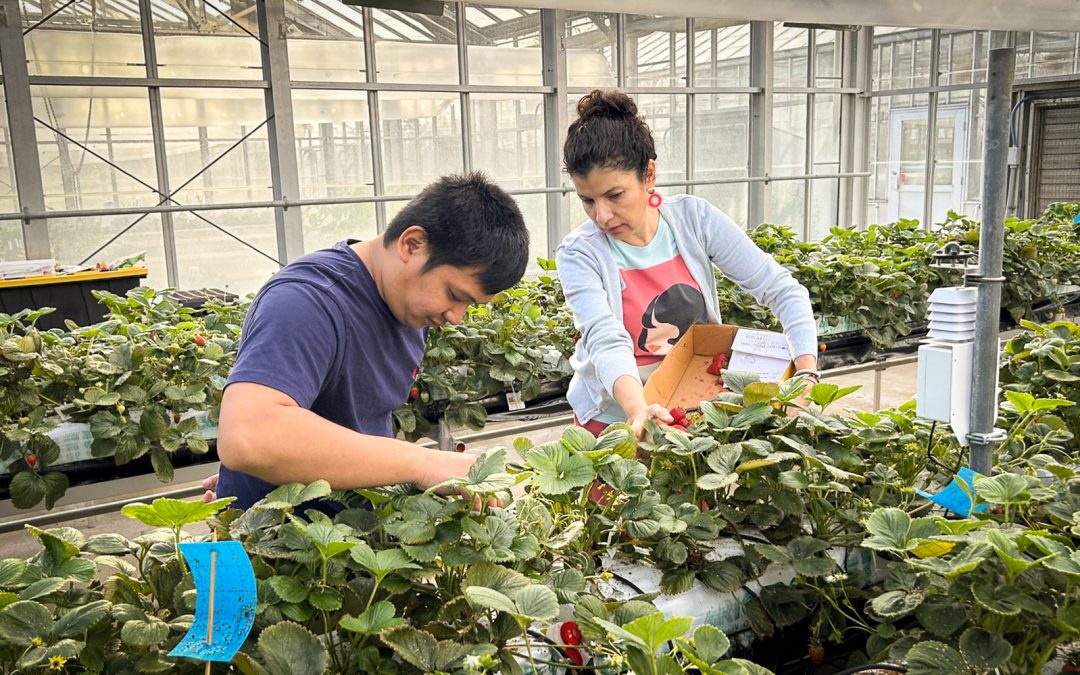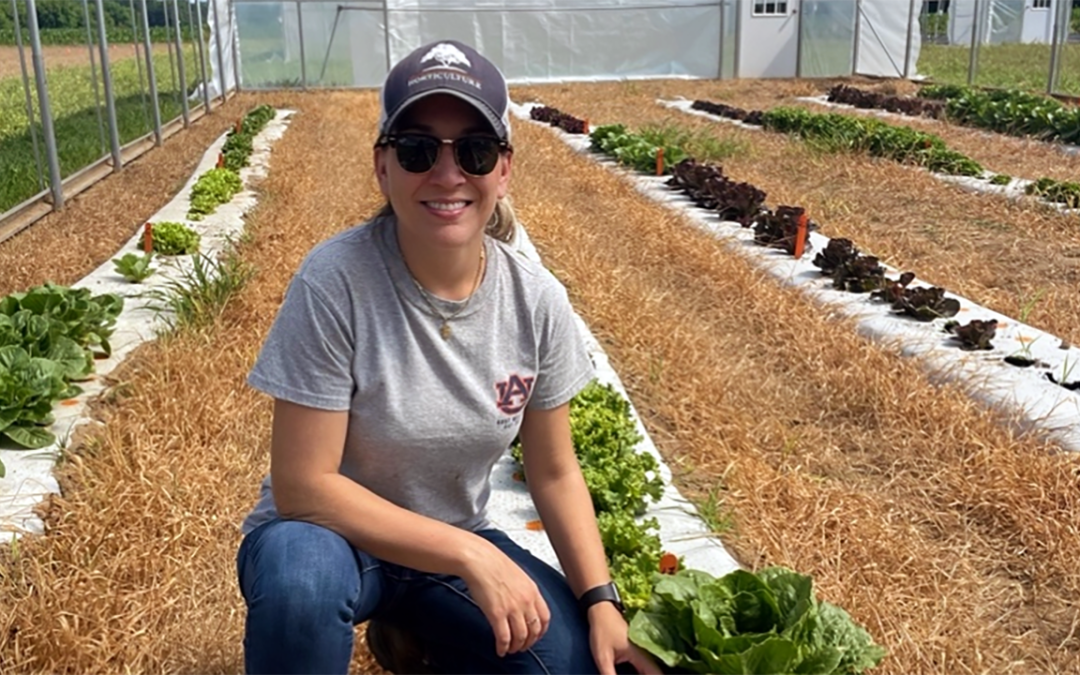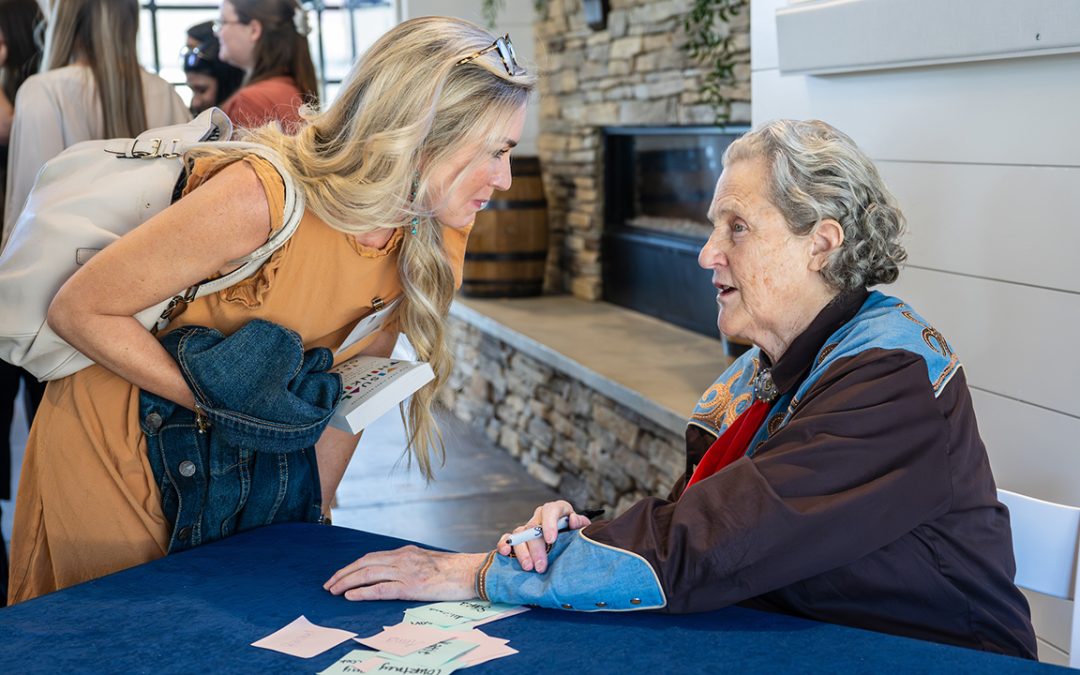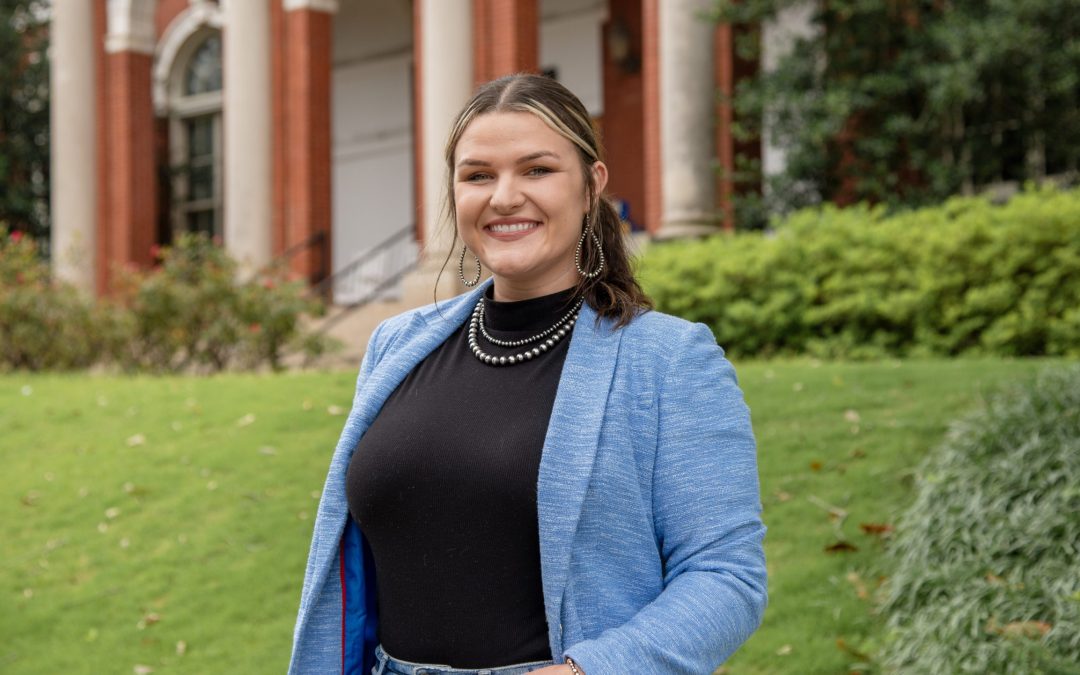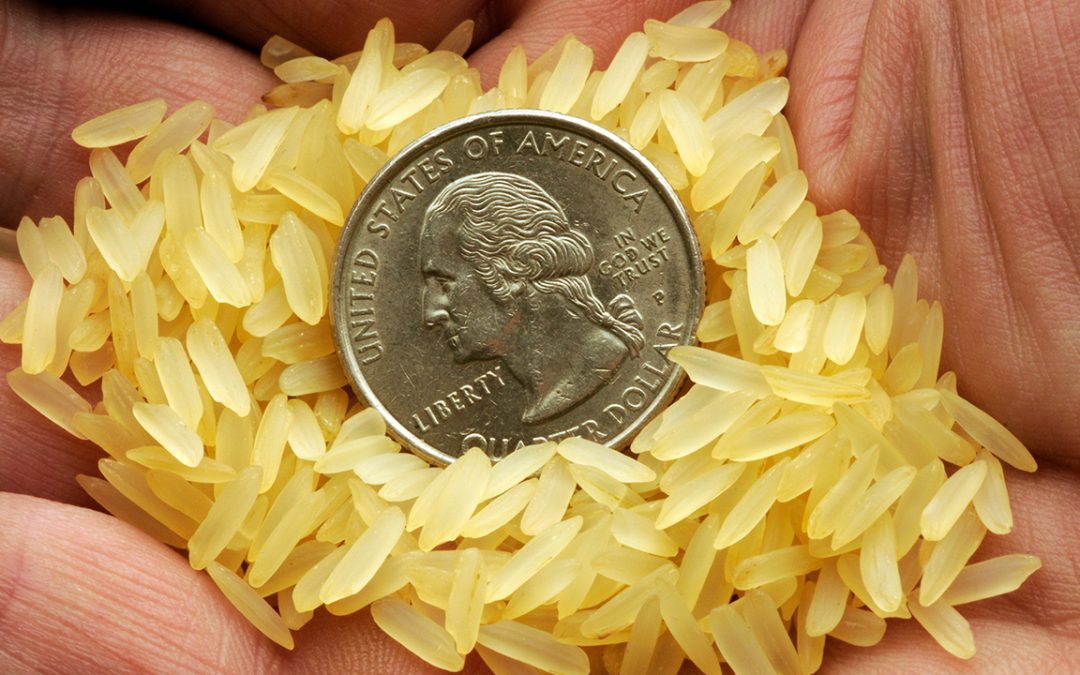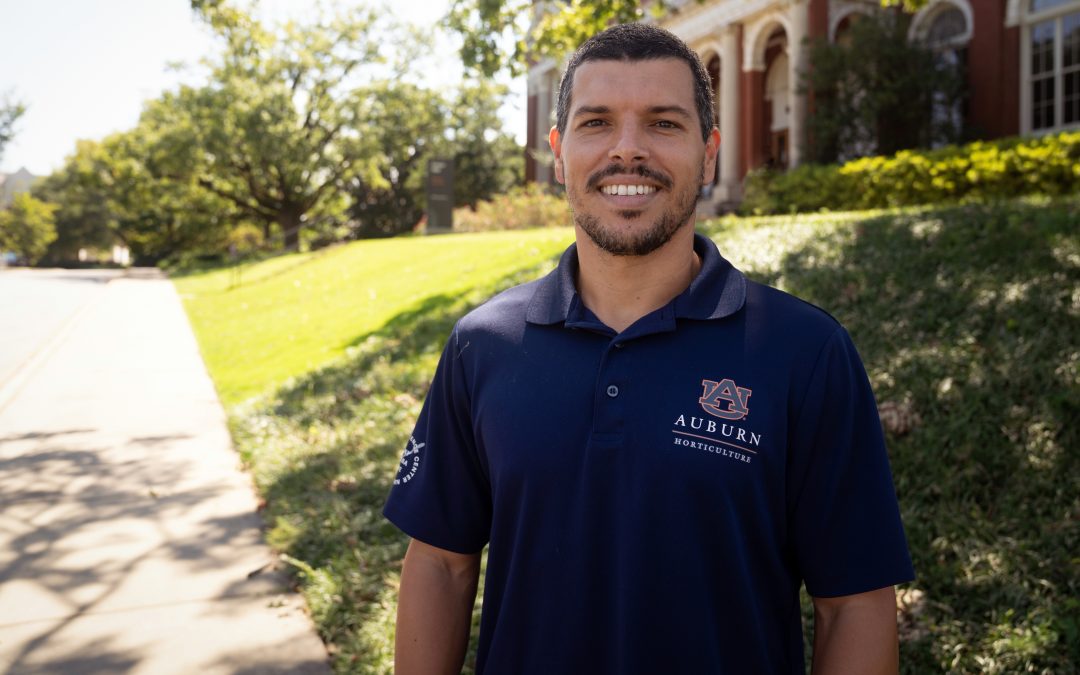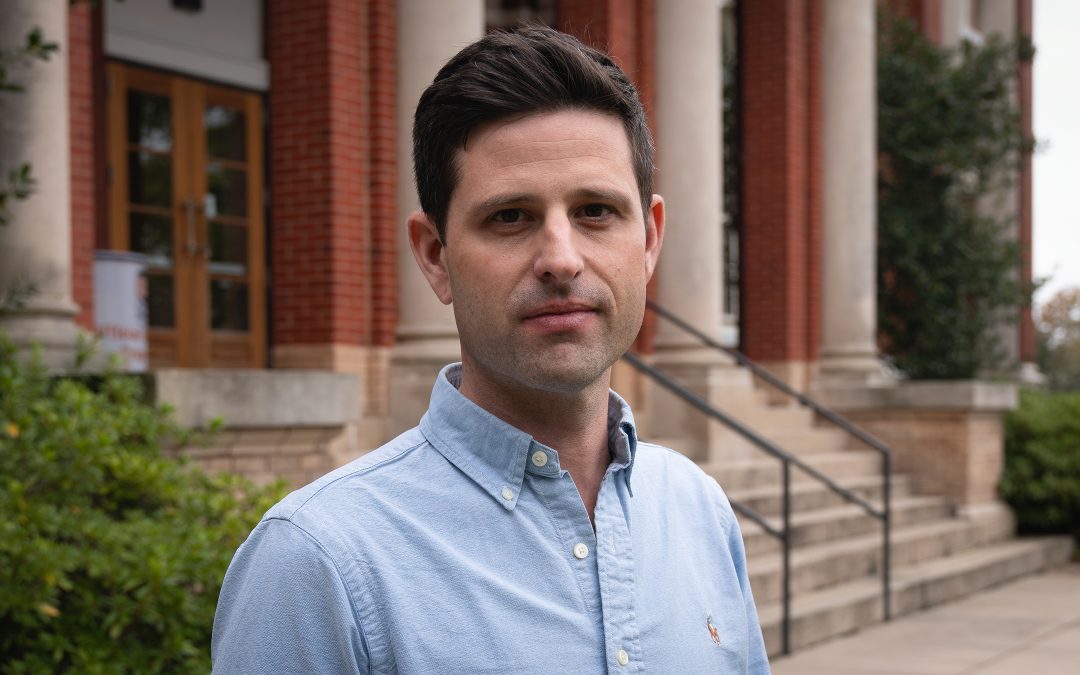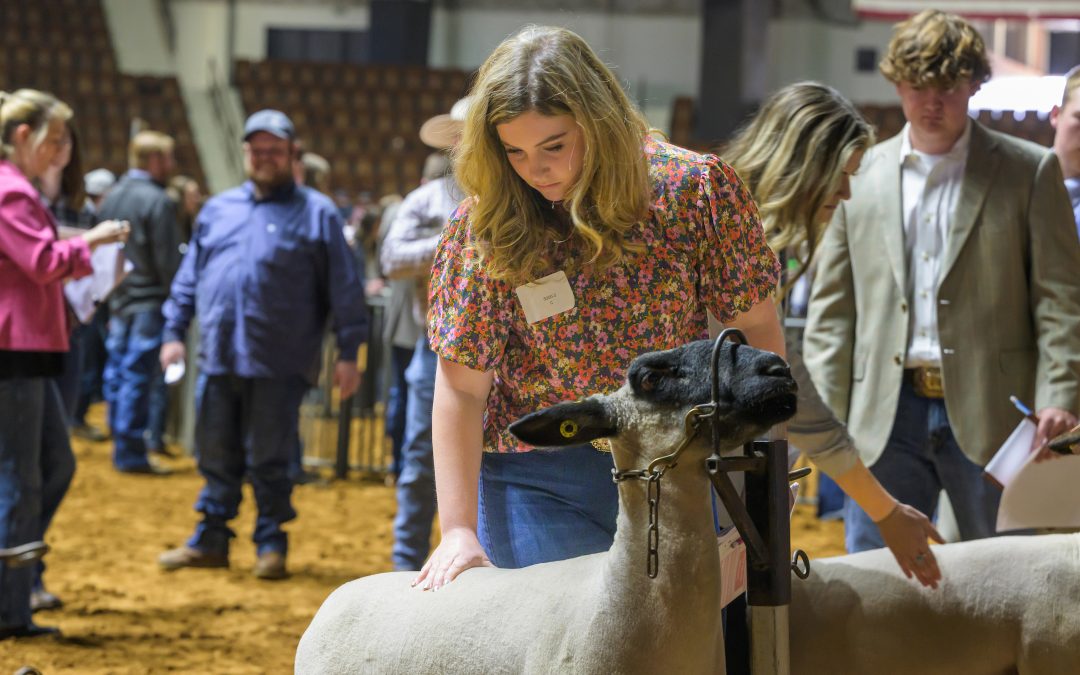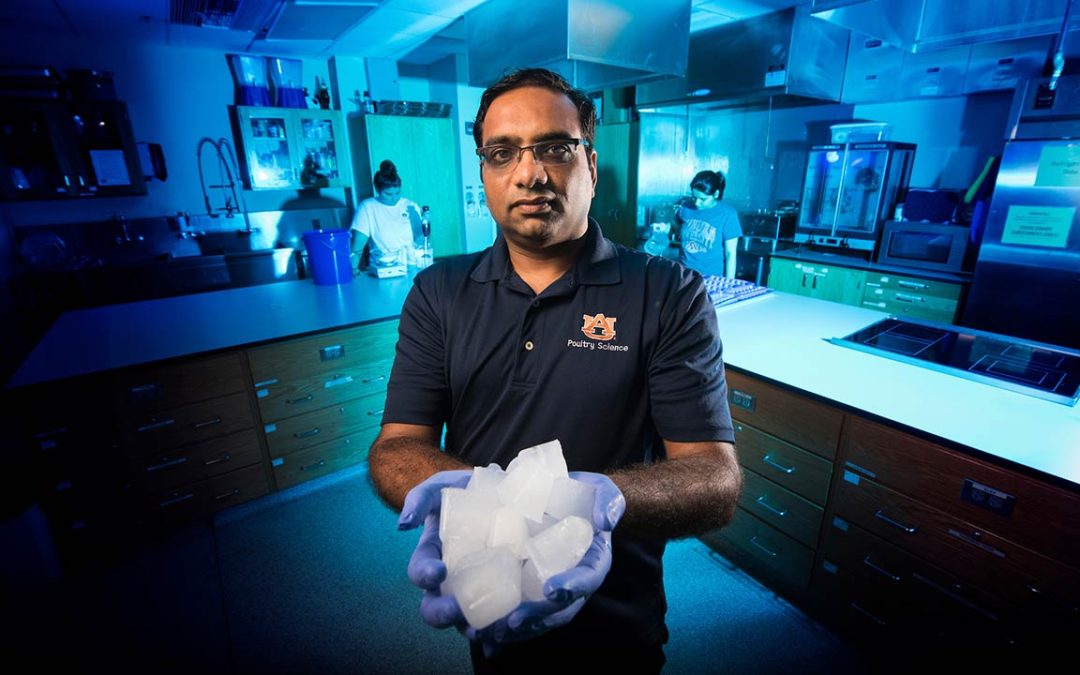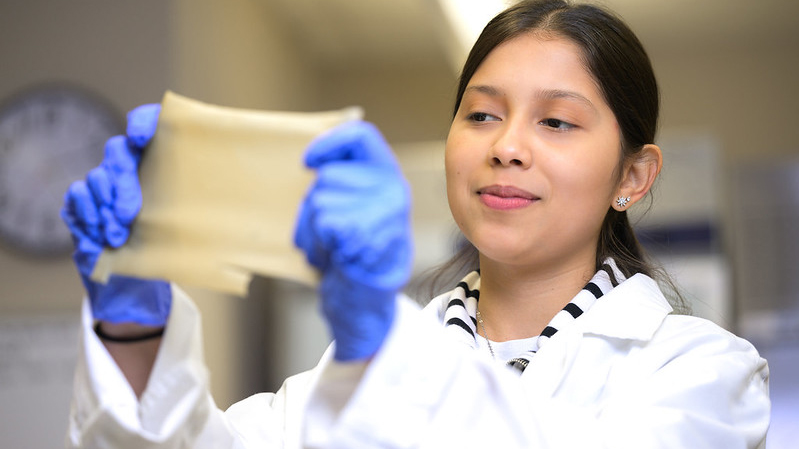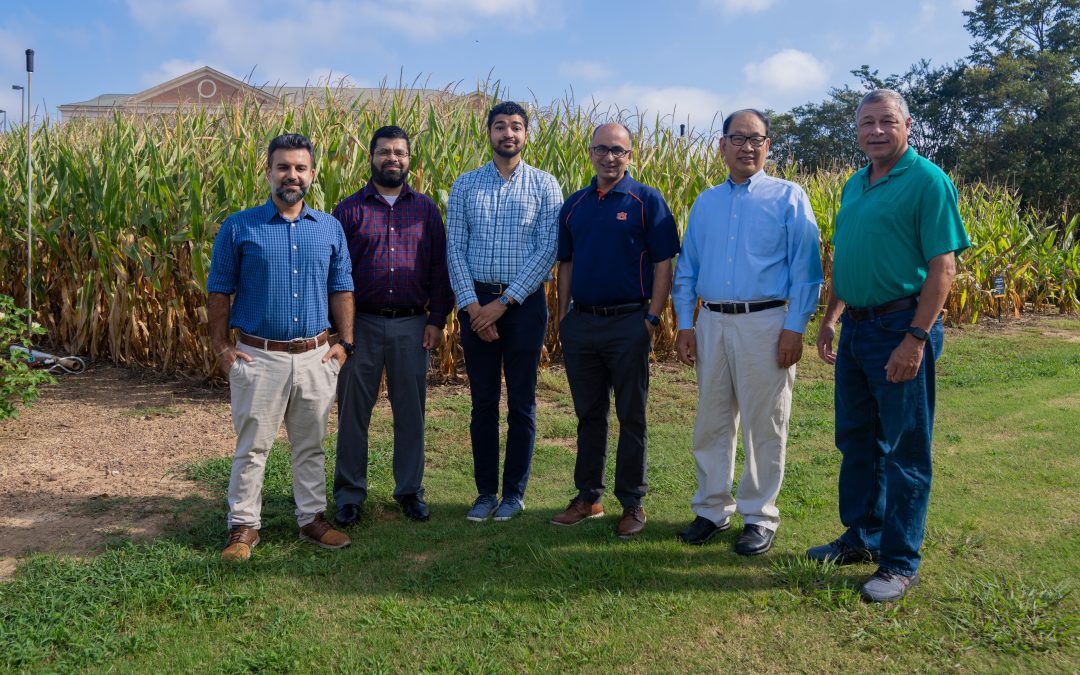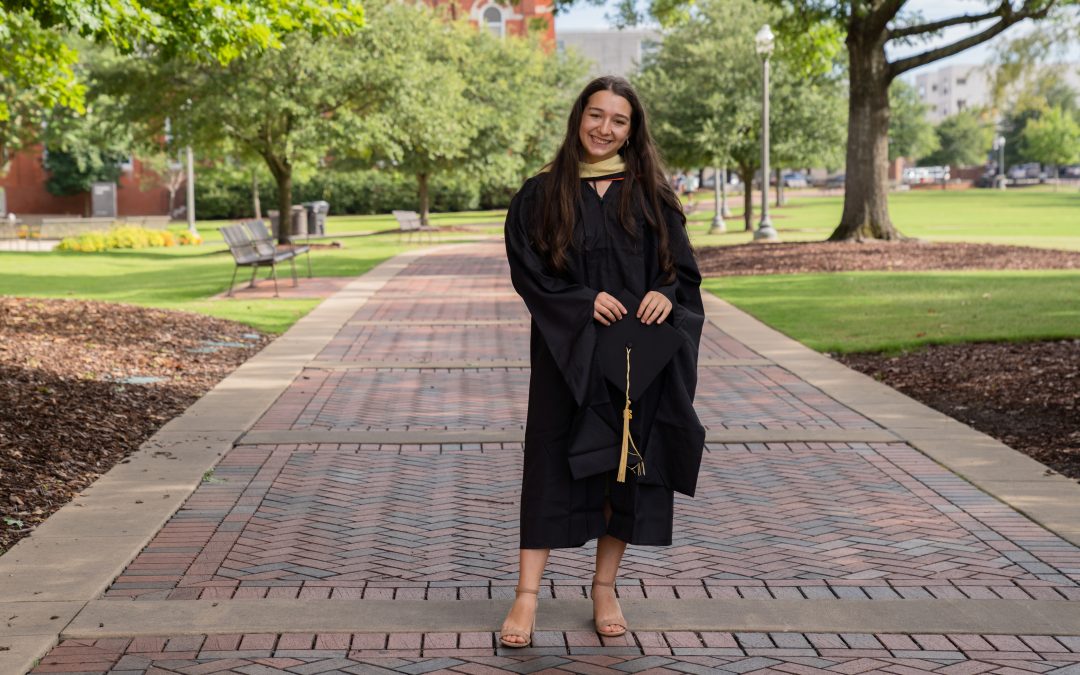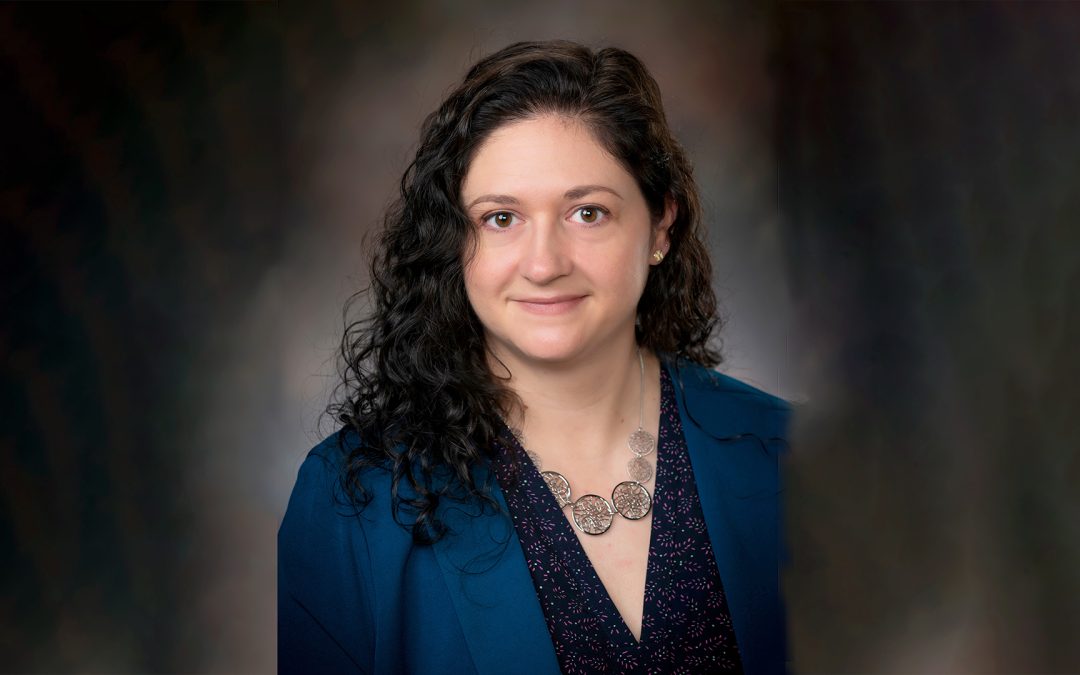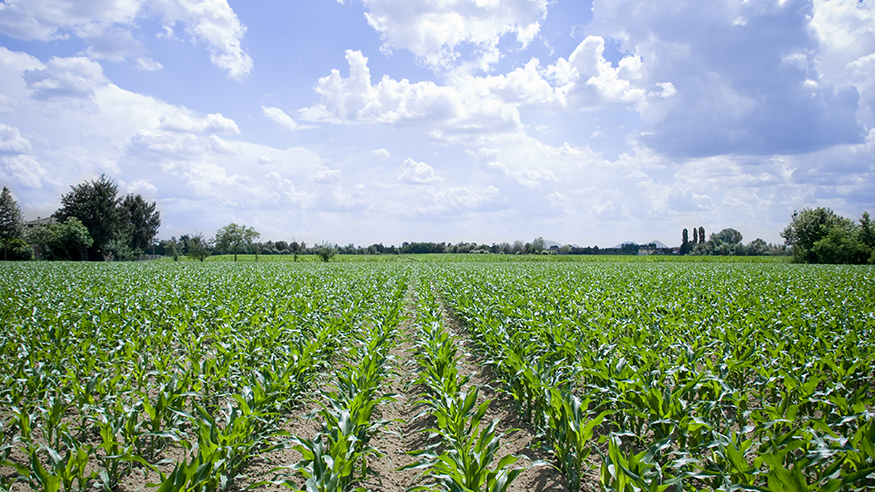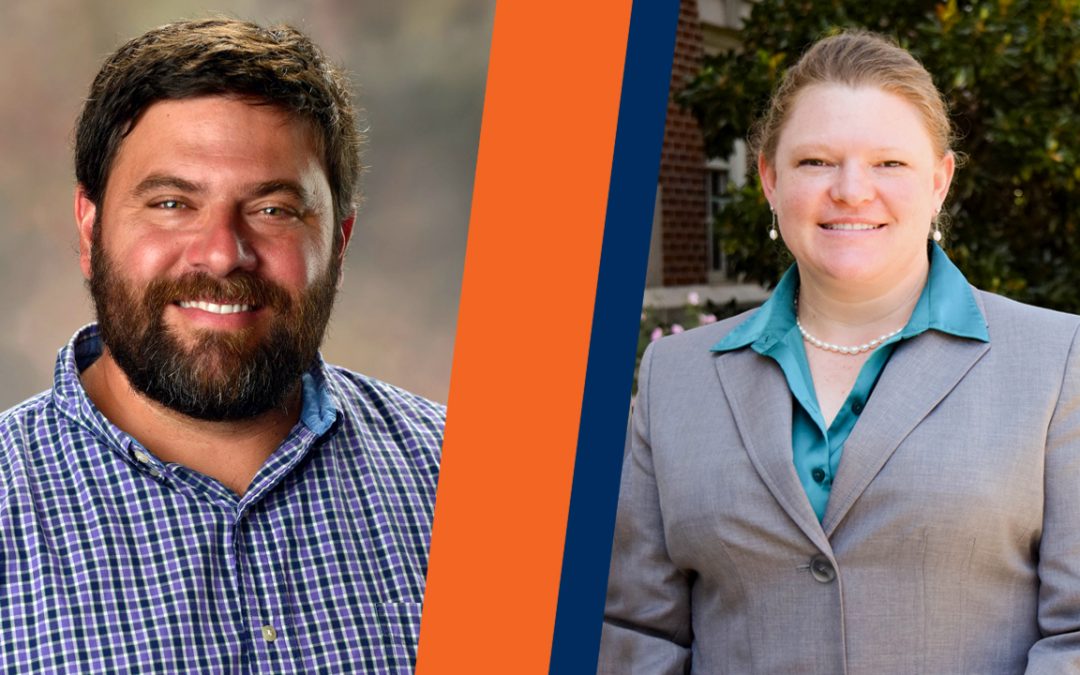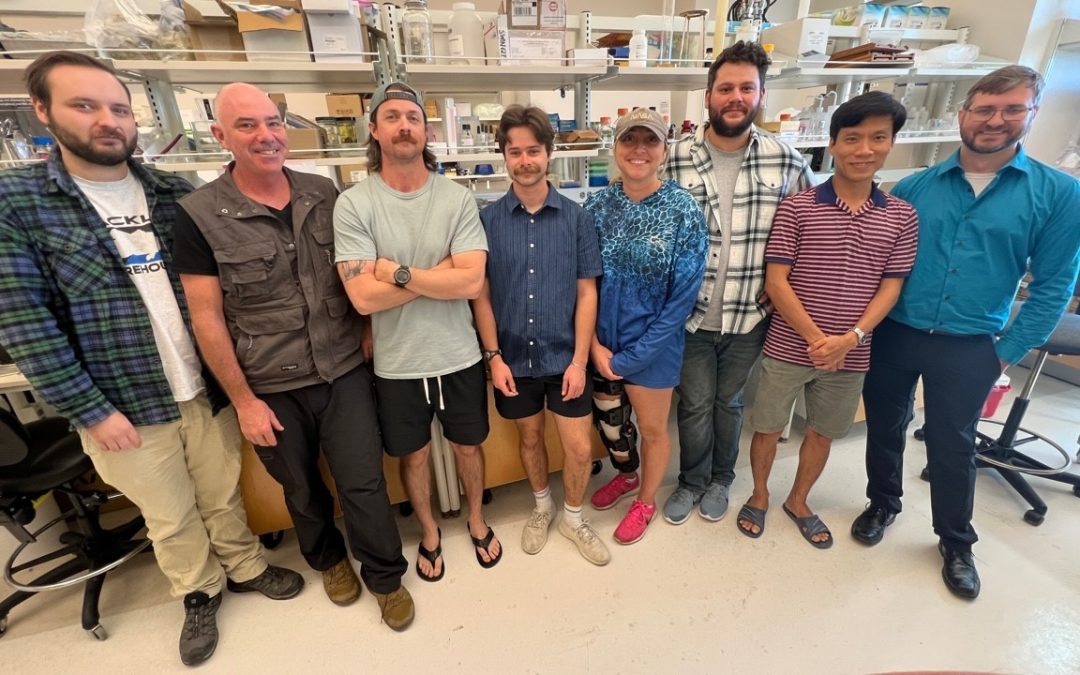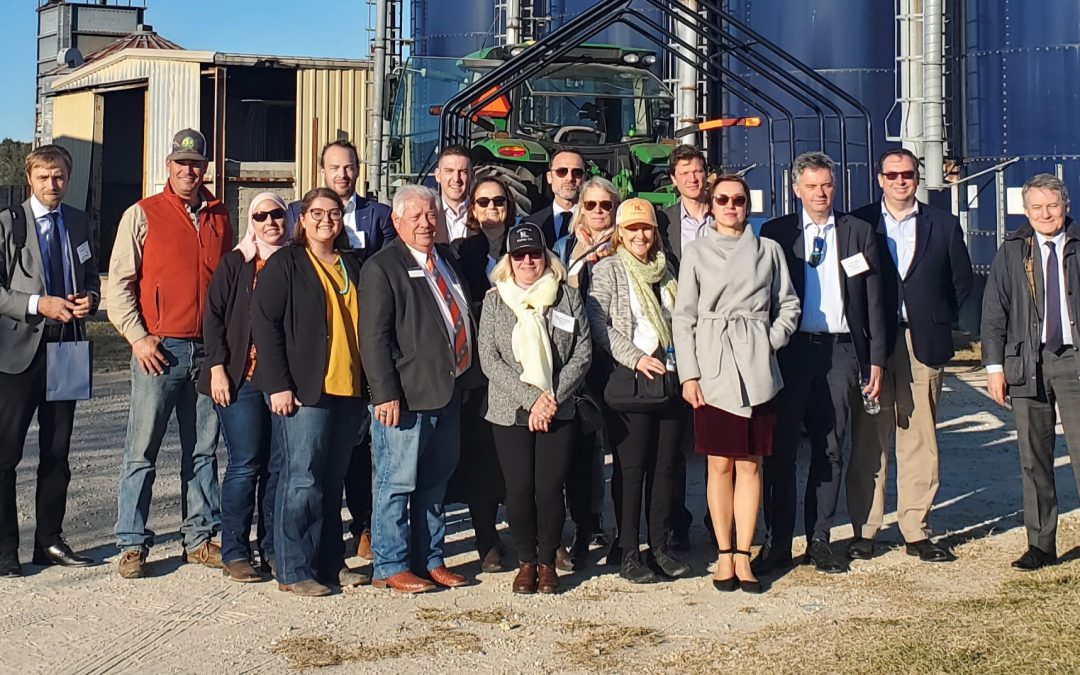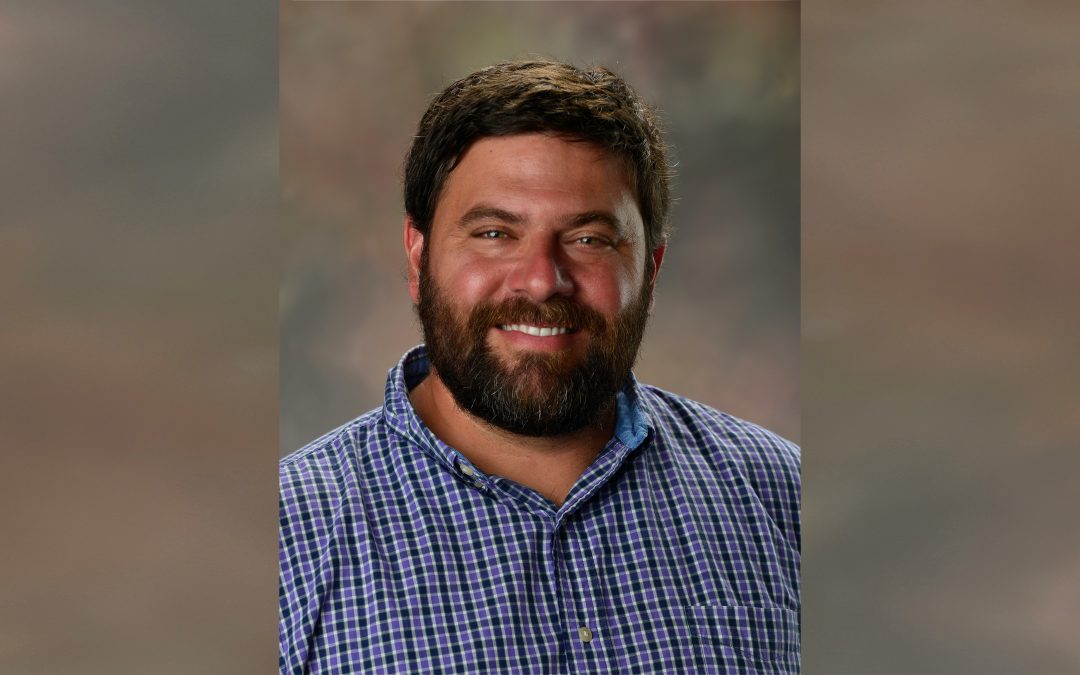Farmers often lament the land lost to suburban sprawl, but across the South, a land mass roughly the size of New Jersey is stuck in a legal limbo known as heirs’ property. In Alabama, about 200,000 acres of agricultural and forest land is in heirs’ property. Until the title issues are resolved or agreements are put in place, the day-to-day operation of a farm in heirs’ property becomes complicated and difficult.
Heirs’ property is land passed down to a new generation, often across multiple generations, without a proper estate plan or will in place that is also processed by the court. This is commonly referred to as a “clouded” or “tangled” title. In some cases, more than 200 heirs may have a legal claim to a small fraction of a family farm.
A team of faculty at Auburn was recently awarded $750,000 by the National Institute of Food and Agriculture to provide education and technical assistance to rural Alabamians struggling to navigate heirs’ property issues. The goals are to keep Alabama farmland in farming, build wealth, protect family farm legacies, and promote the economy of rural Alabama.
“We see some of the densest concentrations of heirs’ property in the country right here in Alabama,” said Ryan Thomson, assistant professor and grant team member.
Farmers in an heirs’ property dispute face numerous challenges to keep farmland engaged in farming. A major difficulty is that all co-heirs must agree on every business decision, even simple tasks like selling assets such as cattle or timber. “You can’t even fix the roof without every single co-heir signing off,” said Thomson.
The effect is that an heirs’ property dispute can result in farmland being permanently lost to development. Developers can purchase an heir’s portion of the disputed land for a fraction of its value, legally partitioning it for development. Heirs faced with the possibility of years of expensive legal battles and an uncertain outcome will often take the smaller, surer amount.
Alabama reports both higher rates and total acreages of heirs’ property relative to other states. The negative impact of heirs’ property is expected to worsen as Baby Boomer farmers struggle with transition planning. Approximately 34% of all farmers are 65 or older, according to the U. S. Census of Agriculture.
Members of the grant team at the College of Agriculture’s Department of Agricultural Economics and Rural Sociology have conducted years of research into the social and economic effects of heirs’ property in Alabama.
“We were among the first to quantify how big the problem is,” Thomson said. “$48 billion is trapped in the 11 states of Appalachia and the South.”
The economic threat posed by heirs’ property is not merely an individual heir’s stake in the family farm or even the loss of farmland. When developers take advantage of heirs’ property disputes, families often fail to transfer wealth between generations, perpetuating a cycle of rural poverty.
“Land is one of the greatest sources of wealth in the country,” Thomson said, referring to this process. “Heir’s property is one of the largest sources of involuntary land loss in the region. It strips people of not only their land but also their intergenerational wealth more broadly.”
Rural communities also lose out on much needed economic activity. Unproductive farmland generates less tax revenue for local communities. Heirs’ property is generally not eligible for private lending or for use as collateral. Often, with the legal fate of land uncertain, many properties are lost at tax sales when a co-heir fails to pay the taxes.
“For some of these families that can’t afford an attorney or to have a proper will made up, they also can’t afford to pay the taxes,” said Adam Rabinowitz, associate professor, Alabama Extension economist and the grant team’s director.
The issue of heirs’ property is not confined to one region of Alabama. Every Alabama county faces the problems associated with heirs’ property. According to the grant team, even some Century Farms struggle with a tangled title.
Heirs’ property issues primarily affect populations without access to trusted legal services, who are least likely to write wills. Historically, Black residents have been disproportionately affected by heirs’ property. One legacy of the Jim Crow era was distrust of the legal system by many Black residents of the South. “Black land holdings have dropped by 90% over the last 100 years,” Thomson said. The lack of clear title to the land due to multiple heirs was a primary cause of land loss.
Today, a common thread among families navigating heirs’ property disputes is their marginal status. Families who do not have access to, or funding for, legal assistance often find themselves involved in an heirs’ property dispute. This limits the transfer of intergenerational wealth and leads to persistent rural poverty, according to the grant team.
At the root of all heirs’ property disputes is an estate plan or last will and testament that was not adequately prepared, not prepared at all, or not properly probated (processed through the court). The reasons for this are complex.
“For some people, it’s because they don’t want to plan for death,” Rabinowitz said. “Because that means there is the thought that you’re going to die.”
Another issue is the cost of creating a will. Many people believe they don’t have enough assets to make a will worth the effort, according to Portia Johnson, assistant professor and grant team member. Consequently, only about one-third of people have a will.
“The biggest reasons are fear-based,” said Johnson. “They fear that attorneys are untrustworthy, that the legal language is over their heads, that they’ll unintentionally sign their land away, or they just fear discussing death altogether.”
There is also a notion among many rural landowners that their connection to the land and the effort poured out there makes the land theirs — not the legal system.
“They don’t believe in the system,” Rabinowitz said. “They feel that for generations, they’ve been living on the land. So, ‘Who is it for someone to say we don’t have the right to just continue living here. Because we live here. This is where our family has been. So, this is our land.’”
Many rural communities also exist in so-called legal deserts where access to legal advice for preparing wills and estate plans or addressing heirs’ property issues is severely limited, according to Rabinowitz.
“While there may be limited resources in the state, we are uniquely positioned to tackle this problem because, as a land grant university, we have Extension offices in every single county,” Rabinowitz said. “This is an opportunity for us to provide research-based education and technical assistance to citizens of Alabama.”
Importantly, for land to become mired in an heirs’ property case, it doesn’t necessarily require any disagreement among family members. The difficulty of finding, contacting, and engaging in decision-making with all the family members who might have a legal stake—a fractured interest—can be an insurmountable obstacle that keeps the land in limbo.
“I think many people are quick to blame the family,” said Thomson. “Sometimes it’s hard because it’s a fractured interest. How do you contact a co-heir you’ve never met?”
This is where the grant team expects the program will make a difference. The program is offering educational workshops throughout Alabama beginning in 2024. They are providing critical information on heirs’ property to landowners. The workshops also serve as an opportunity to identify families with heirs’ property issues who want to engage in agricultural activities on the land.
“We are often asked about how money can be made from the land after addressing title issues,” said Rabinowitz. “One option is agricultural production. We want to help those interested families work towards that opportunity.”
The team will select 75 families to receive one-on-one technical assistance, such as developing a family tree to determine fractional ownership and gathering relevant documents to be prepared to work with an attorney. This service is not trivial. Families often spend $10,000 to $20,000 in attorney’s fees and are still not ready to go to court, according to Thomson. The grant program will reduce legal expenses by helping with the costly and time-consuming preparatory work that does not necessarily require an attorney.
Because the program aims to convert idle land into productive agricultural land, the program also focuses on developing participants’ farm business plans and financial planning skills, along with expertise in agroforestry and fruit and vegetable production. The combination of helping address the legal land ownership issue with traditional Extension agricultural programming is a novel approach.
“We are taking a step back by addressing one of the barriers that exists for a group of beginning farmers to financially benefit from the other resources that Extension has to offer,” Rabinowitz said. “We are also addressing issues for others that may want to get into farming but do not have access to land.”
The grant team includes faculty from Auburn’s College of Human Sciences, College of Forestry, Wildlife and Environment, and the Alabama Cooperative Extension System. In addition to Rabinowitz, Thomson, and Johnson, the grant team includes Ayanava Majumdar, Adam Maggard and Becky Barlow.
“There’s going to be a lot of learning on our part, but there’s also so much need,” Thomson said. “To move the dial just an inch would be huge.”
